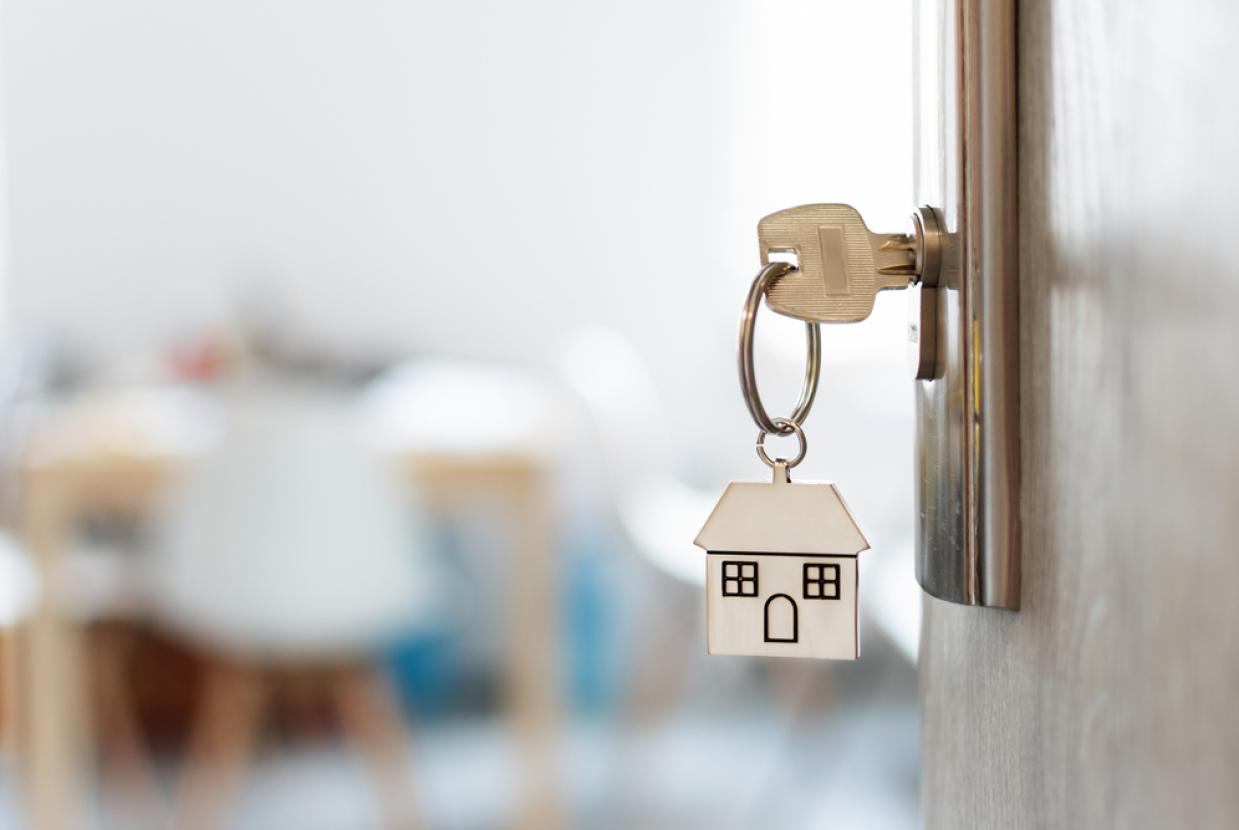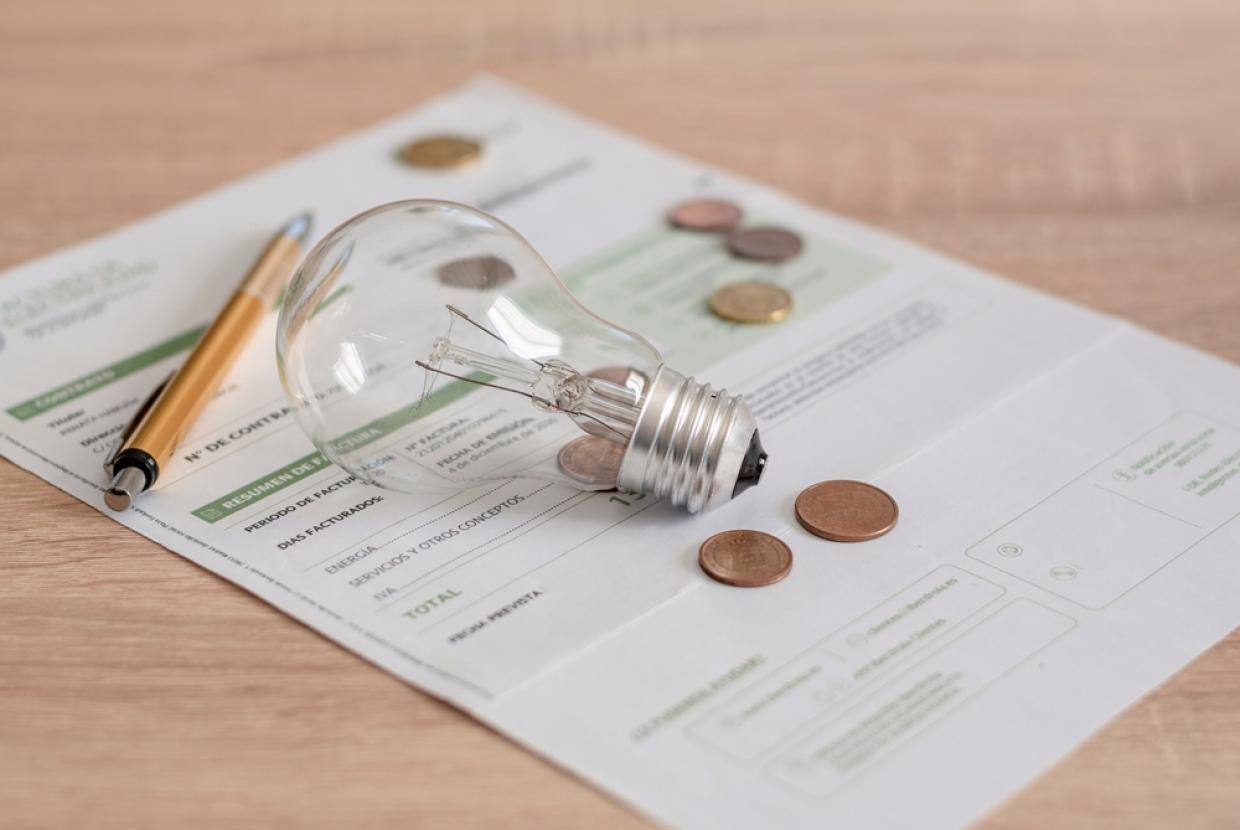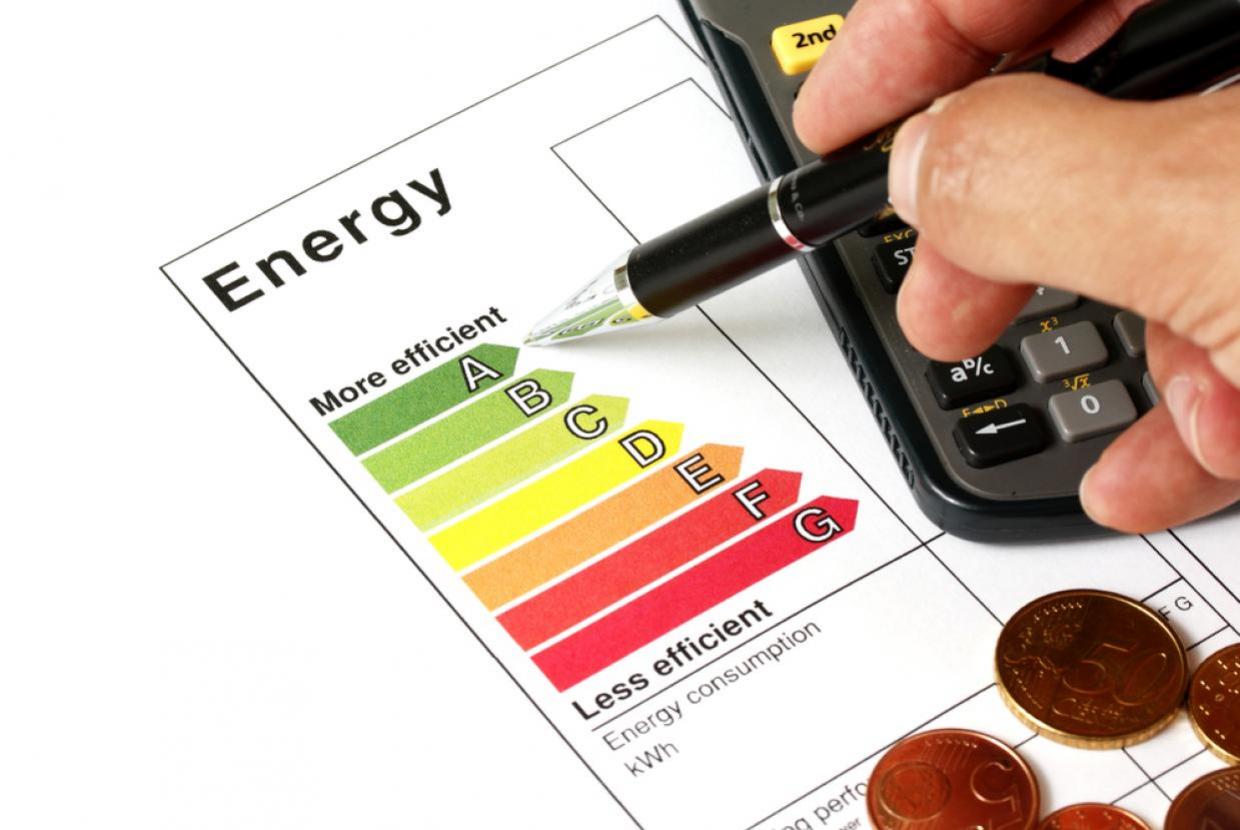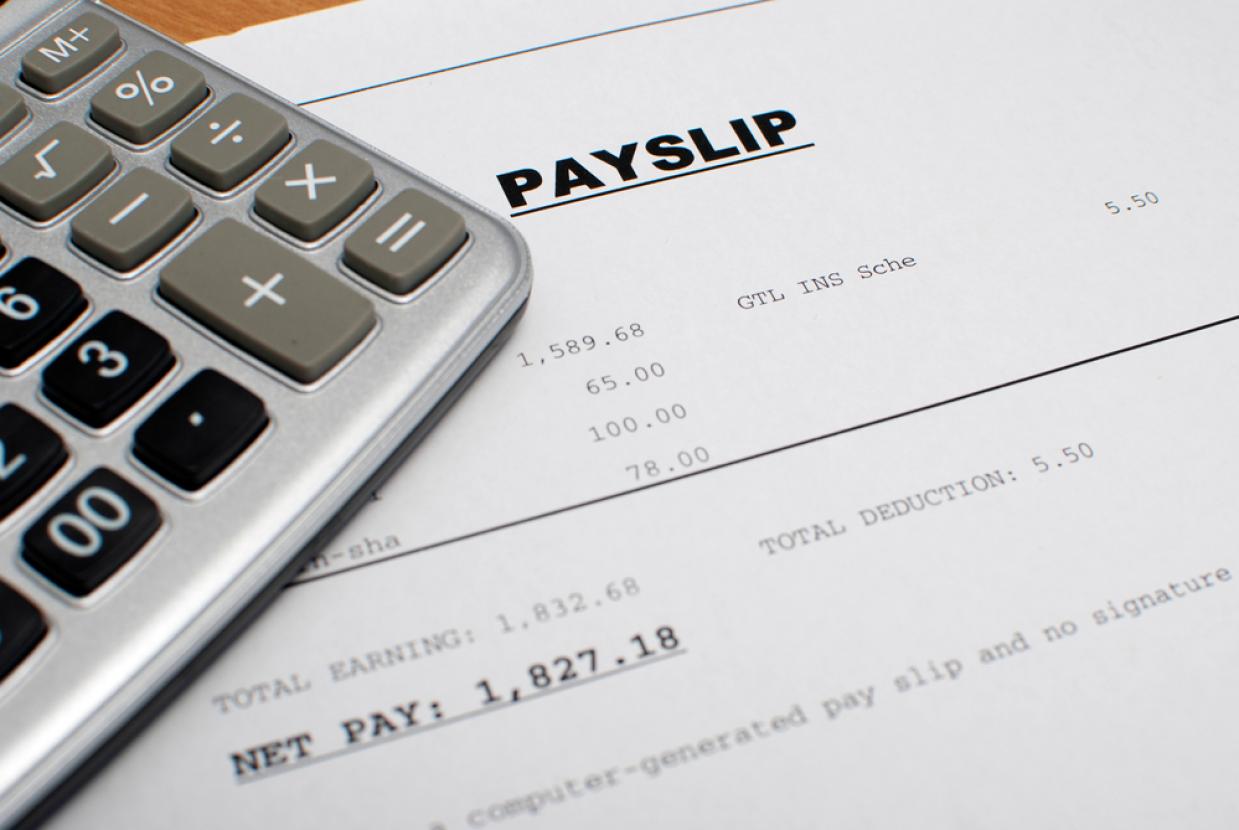Mortgage Arrears & Payment Difficulties
If you can't meet your mortgage repayments or you're worried you might fall behind, contact your lender as soon as possible. You can also get free independent advice from other organisations and you may be able to get help with your mortgage.
Contact your lender and agree a plan
Mortgage lenders are keen to help their customers sort out any payment difficulties. Also, the law says they must treat you fairly and take your circumstances into account. They may be able to come to a payment arrangement with you.
If you're struggling to make payments
Depending on your payment history and whether your difficulties are likely to be long or short term, your lender might agree to:
- reduce your payments for a set period
- charge you interest only for a while, if you've got a repayment mortgage (usually you pay capital and interest)
- give you a 'payment holiday'
- extend your mortgage term to reduce your payments
If you're already in arrears
If you've already fallen behind, your lender will suggest a way to pay off the arrears gradually, alongside your usual payments. If you can't meet the extra payments, you may be able to delay them for a while or add them to your loan. Again, it depends on your track record.
Always pay what you can
Pay as much as you can manage every month. Keeping up regular payments (even if they vary) shows that you're committed. Your lender's more likely to treat you sympathetically and you'll minimise the arrears charges too.
You can find more mortgage payment advice from the Housing Rights Service.
Help with your mortgage
There are different ways you may be able to get help if you’re in difficulty with your mortgage payments.
Getting help to make your mortgage interest payments
Homeowners on certain benefits may be able to get help towards mortgage interest payments called Support for Mortgage Interest.
Mortgages taken out on or after 31 October 2004
The Financial Conduct Authority (FCA) regulates most mortgages taken out from this date. Under FCA rules lenders must treat you fairly and send you regular statements to keep you informed about your current arrears position. There are also rules covering what the lender must do if it intends to repossess your home.
If you don't keep up your repayments
It's very important that you don't ignore any payment problems. Mortgages are 'priority debts', which you should pay off first as your lender could repossess your home and sell it to get their money.
Working out how much you can afford
Your lender can help you work out how much you can afford but you may prefer to do this yourself. A good starting point is to write down all your income and outgoings (apart from the mortgage) and see what you've got left.
Financial help
You've lost your job or you're too ill to work
If you've lost your job or you're too ill to work, check if you've got 'mortgage protection insurance' to cover your payments. The insurance payments may not start straight away so contact your insurer as soon as possible.
Benefits that might increase your income
It's worth checking if you're entitled to benefits such as Working Tax Credit, Child Tax Credit or help with your rates. They can make a difference to your income and help with your mortgage payments.
Free independent advice
You can get free independent advice about mortgage difficulties from several organisations. They'll help you work out what you can realistically afford.
Housing Rights
Housing Rights offers debt advice and, where necessary, representation to prevent repossession and allow you to stay in your home. It can also help you find suitable alternative accommodation if you are not able to stay in your home.
Other organisations
- Step Change Debt Charity
- Advice NI
Mortgage shortfalls after repossession
If your lender repossesses your home, they'll sell it to get their money back. If it sells for less than you owe them, they may want you to pay back the rest of the debt - the 'mortgage shortfall'.
They can try to recover the debt for up to 12 years
































































